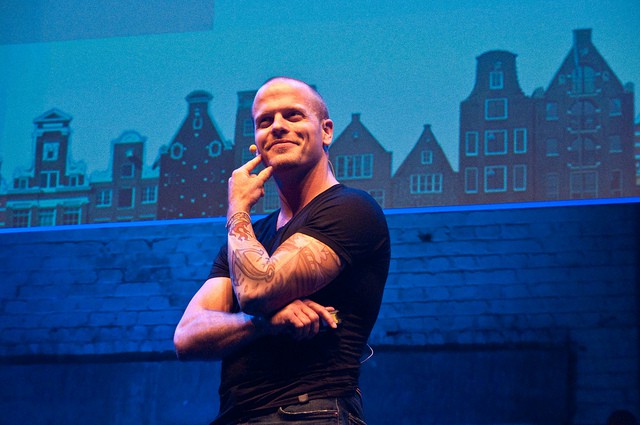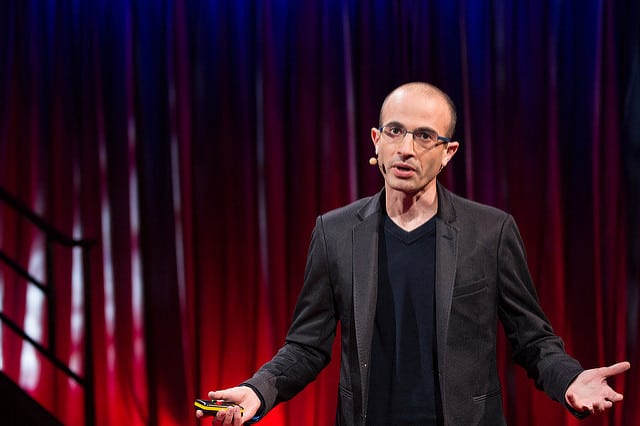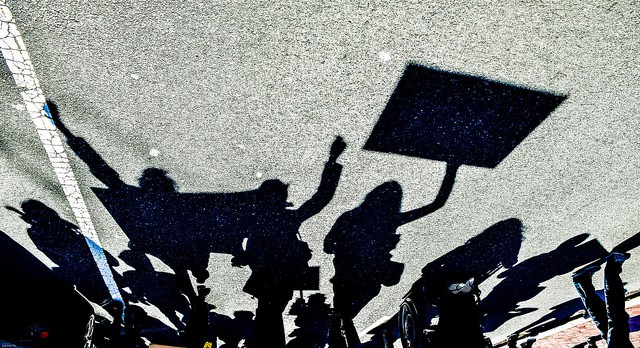
The Spark
Tim Ferriss’s first book, The 4-Hour Workweek (4HWW), has been selling well in hardcover for almost a decade. In this time, it has resonated with so many audiences, and inspired so many trends, that it’s easy to forget the topic that first put the book on the cultural map: email.
In the spring of 2007, right around the time 4HWW was published, Tim gave a talk to a packed room at the SXSW conference. Though he covered many topics in the speech, there was one suggestion in particular that caught his audience’s attention: you should only check email twice a day (and explain this to your correspondents in an autoresponder).
This twice-a-day strategy created a buzz at SXSW: major business bloggers began to write about Ferriss, and his book soon became a phenomenon in Silicon Valley (the epicenter of communication overload). It was largely on this platform that 4HWW began to lay the foundations for its massive audience.





